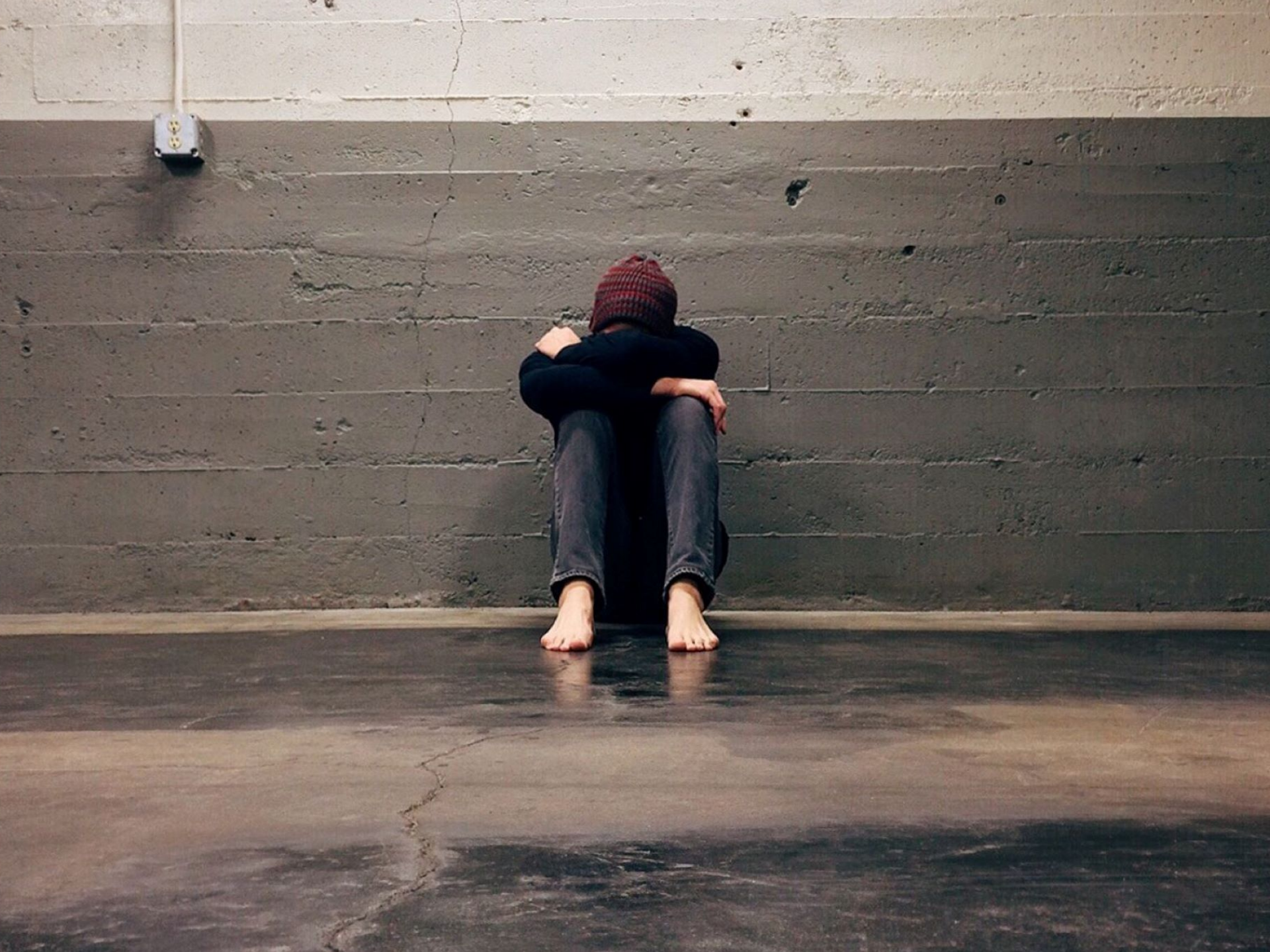Do you feel stressed out and overwhelmed by the demands of modern life? If so, you’re not alone. Stress is a common problem that affects many people, but there are ways to manage it. In this post, we’ll share 10 evidence-based tips that can help you reduce stress and relax, all backed by official studies. From practicing mindfulness meditation and getting enough sleep to spending time in nature and using anti-anxiety products, these tips are designed to help you take control of your mental health and feel more relaxed and balanced. So sit back, take a deep breath, and read on to discover how you can reduce stress and feel better today.
1. Practice mindfulness meditation
[picture idea: person meditating with a calm background]: Mindfulness meditation is a technique that involves focusing your attention on the present moment and accepting it without judgment. It has been shown to reduce stress and anxiety, improve mood, and increase well-being. A study published in the Journal of Consulting and Clinical Psychology found that mindfulness meditation reduced symptoms of anxiety and depression in people with generalized anxiety disorder.
2. Get enough sleep
[picture idea: person sleeping in a comfortable bed]: Lack of sleep can make stress worse, so make sure you’re getting enough rest each night. A study published in the Journal of Sleep Research found that poor sleep quality was associated with higher levels of stress and anxiety.
3. Exercise regularly
[picture idea: person doing yoga or working out]: Exercise releases endorphins, which can help reduce stress and improve your mood. A study published in the Journal of Sport and Exercise Psychology found that exercise was effective in reducing symptoms of anxiety.
4. Spend time in nature
[picture idea: person hiking or walking in nature]: Being in nature can help you feel calm and relaxed, so make time to get outside and enjoy the beauty around you. A study published in the International Journal of Environmental Research and Public Health found that spending time in nature was associated with lower levels of stress and anxiety.
5. Connect with others
[picture idea: people chatting or laughing together]: Spending time with loved ones can help you feel supported and reduce stress. A study published in the Journal of Social and Personal Relationships found that social support was associated with lower levels of stress.
6. Practice deep breathing
[picture idea: person taking a deep breath with a calm background]: Deep breathing exercises can help slow down your heart rate and reduce feelings of anxiety. A study published in the Journal of Psychiatric Research found that deep breathing exercises were effective in reducing symptoms of anxiety.
7. Listen to calming music
[picture idea: person with headphones listening to music]: Music can have a powerful effect on our mood, so listen to something that makes you feel calm and relaxed. A study published in the Journal of Advanced Nursing found that listening to music was effective in reducing stress and anxiety in patients undergoing surgery.
8. Take a break
[picture idea: person taking a break from work or studying]: Sometimes you just need to step away from whatever is causing you stress and take a break. A study published in the Journal of Occupational Health Psychology found that taking breaks was effective in reducing stress and increasing productivity.
9. Use aromatherapy
[picture idea: person using essential oils or a diffuser]: Certain scents, like lavender, can help promote relaxation and reduce stress. A study published in the International Journal of Nursing Practice found that aromatherapy massage with lavender oil was effective in reducing stress and anxiety in patients undergoing hemodialysis.
10. Use anti-anxiety products
[picture idea: person using a stress ball or massage product]: There are a variety of products that can help reduce stress, like stress balls, massage products, and anti-stress toys. Find what works best for you and incorporate it into your self-care routine.
Stress can have a major impact on your mental and physical health, but fortunately, there are steps you can take to reduce its impact. By incorporating these 10 evidence-based tips into your daily routine, you can start to feel more relaxed and in control. Remember, it’s important to take care of yourself and prioritize your well-being, even when life gets busy and stressful. Whether it’s practicing mindfulness, getting enough sleep, or using anti-anxiety products like massage tools or stress balls, finding ways to manage stress is key to leading a happier, healthier life. So try out these tips and see what works best for you. With a little effort and patience, you can reduce stress and relax, no matter what challenges come your way.


0 Comments